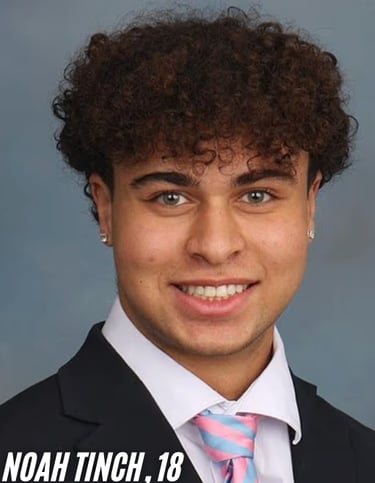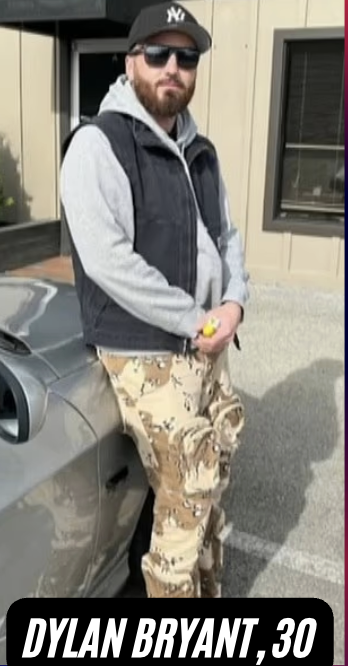Kentucky Families Outraged After Fake AI Obituaries Spread Lies About Loved One
s
Several Kentucky families are speaking out after discovering disturbing, AI-generated fake obituaries circulating online about their deceased loved ones.
One of those families, the Tinches, said they were heartbroken to find false information spreading about their 18-year-old son, Noah Tinch, who tragically died in a fly-fishing accident while visiting Colorado this past June.
“I started seeing these posts, and none of the information was accurate,” Noah’s father, Brett Tinch, said. “The middle name was wrong. One even said he was 32 years old.”
Noah, a University of Kentucky student, was just one day away from turning 19. His family said he was helping his grandparents clean out a property and was showing his mother how to fly fish — one of his favorite hobbies. But tragedy struck when he slipped in shallow water, hit his head, and drowned.
Tinch said he hadn’t planned to share those painful details publicly, but after seeing scammers using fake obituaries to collect donations, he felt he had to speak up.
“I don’t want anyone profiting from our son’s pain,” he said.
Another Kentucky mother, Dena Weedman, said the same thing happened to her after the death of her 30-year-old son, Dylan Bryant, who passed away in August after battling addiction.
Weedman said she found fake obituaries online using her son’s real photo and death date — but filled with false stories about his life, including claims that he died in a car crash and was married.
“None of it was true,” she told WDRB. “He wasn’t into cars and he wasn’t married. I don’t know who would do something like that.”
Experts say these fake memorials are often created by AI tools and published on low-quality websites overseas to make money from ads or donation scams.
Dr. Lisa Blue, Director of Artificial Intelligence Strategies at Eastern Kentucky University, said the families’ best defense is to “control the narrative” by posting an official obituary as soon as possible on trusted platforms like funeral home websites or reputable news outlets.
“These sites rely on clicks and misinformation to drive traffic,” Dr. Blue explained. “The more bizarre the story seems, the more money the scammers make.”
Blue shared a ten-step guide for families dealing with fake obituaries — including reporting them to platforms like Facebook, Google, and X, documenting fake posts, and boosting visibility of the correct obituary to help bury false ones in search results.
For families like the Tinches and Weedmans, the goal is simple: protect their loved ones’ legacies.
“We just want people to remember who he really was,” Weedman said. “He was the light of our family — funny, loving, and full of life.”
This report was compiled using information gathered from law enforcement statements, official press releases, and publicly available news sources.
Advertisements on this page appear at random and are not selected by this website.




